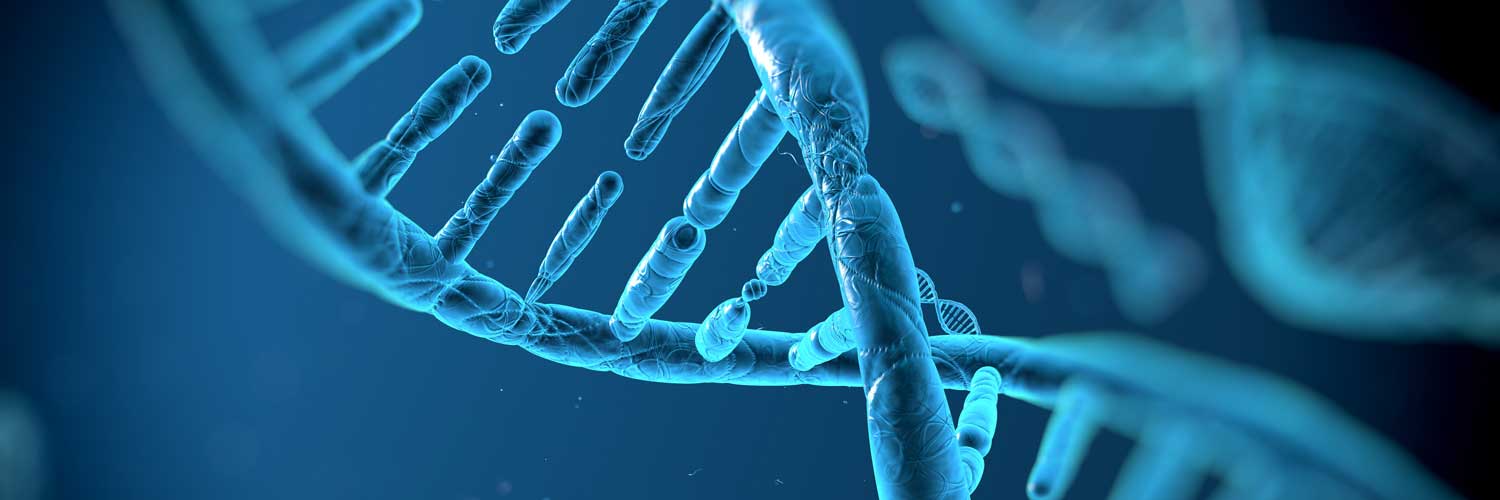Key points to lifestyle causes of male infertility
- Lifestyle choices and behaviors men engage in can cause male infertility.
- Fertility harming lifestyle factors for men include obesity and overweight, excessive alcohol consumption, psychological stress, use of harmful drugs and toxic environmental exposure.
- Males are just as likely as females to have infertility issues. Managing those issues that are under one’s own control is the first step toward reproductive health and successful fatherhood.
- The next step is for men who are having trouble conceiving (no results after a year of regular, unprotected intercourse) is to seek an infertility evaluation.
- Testing can indicate that making necessary lifestyle changes can improve the individual’s fertility, and our specialists can help guide men in making these changes.

At Ember, everyone is a VIP – very important patient
And we have a thing for the small things: Each Ember patient gets a dedicated fertility coordinator, a patient’s personal care guide through every clinic detail, from the very first phone call to meeting your little miracle. Schedule your appointment today using our online self-scheduling tool.
How does lifestyle affect male fertility?
Lifestyle choices can affect male fertility in negative ways, resulting in infertility or subfertility (more difficulty than normal achieving pregnancy). Lifestyle causes and risk factors of male infertility often cause other general health issues.
The National Institutes of Health reports that lifestyle factors influencing male fertility include:
- Unhealthy weight (obesity or being overweight or underweight).
- Poor nutrition.
- Overuse of alcohol.
- Smoking.
- Recreational drug use.
- Psychological stress.
- Harmful environmental exposures.
- Low testosterone therapy.
- Excessive exercising.
- Overheating the scrotum area.
Many of these lifestyle choices and behaviors affect sperm quality, which is the leading cause of male infertility. Making lifestyle changes to address the above causes is important for men who want to be fathers in the future and particularly so for men desiring to become fathers now.
For men who have not been able to achieve pregnancy with a partner after 12 months of trying with frequent unprotected intercourse, an infertility consult and testing is a wise choice. This is also the case for those who suspect that one or more of the lifestyle issues above is affecting them.
After discussing general health and sexual practices with a man, our fertility specialist can conduct a physical exam and likely order a semen analysis to help determine if lifestyle adjustments can improve the man’s fertility. If this is not likely, or the man cannot achieve these changes, certain fertility treatments can lead to achieving successful pregnancy.
How long before lifestyle changes take effect?
The impact of lifestyle changes on sperm quality and fertility in men can vary based on individual factors such as a man’s initial state of sperm health, the severity of the lifestyle factors’ impact, and overall health status. It’s important to note that sperm production takes approximately 74 days from start to finish, which means that any changes made today may take a few months to fully manifest in the ejaculated sperm.

You’re worth it, you’re special
- Enjoy our spa-like clinic while receiving expert, compassionate care.
- We focus on quality time for each individual.
- Our fertility doctor sees the patient at every visit.
- We get to know all our patients – and their stories.
Specific lifestyle causes of male infertility
We understand that it is not easy to change lifestyle habits, particularly ones that can involve addiction. We encourage men seeking to make these changes to ask us for guidance in achieving these goals. We can offer advice as well as many community resources.
Obesity, overweight & underweight
Research shows a relationship between weight, including obesity, overweight and a low body mass index (BMI), and reduced sperm quality and increased risk of infertility. Obese men can have poor sperm shape (morphology) and higher rates of DNA fragmentation in sperm. Obese men are more likely to have azoospermia (no sperm in ejaculate) and oligozoospermia (lower than normal sperm count).
Men with obesity are less likely than healthy weight men to have success with treatments like in vitro fertilization (IVF). Losing weight and lowering the body mass index can help improve sperm quality, but not always. Maintaining proper nutrition is an important lifestyle factor that can affect male fertility, as well as improve weight.
Smoking
Smoking has many serious health consequences and male infertility is one of them. Cigarette smoking harms sperm function and compromises male fertility. Male smokers are shown to have up to 17% lower sperm concentrations than nonsmokers.
Smoking is associated with poor sperm count and quality. Heavier smokers (20 or more cigarettes a day) have more sperm quality issues than mild smokers (1-10 cigarettes a day). This lifestyle habit not only causes male infertility but can also damage DNA and cause other genetic issues in offspring.
Related reading: Smoking & infertility
Excessive alcohol consumption
Alcohol consumption is shown in studies to lower sperm volume and affect sperm morphology, which can inhibit movement to the egg for fertilization. Alcohol appears to interfere with the production of important male reproductive hormones. Chronic alcohol consumption has an increased effect on both.
The effects of alcohol on male infertility depend on the amount of intake. Scientists have not yet determined what that threshold amount is. But we caution men concerned about their fertility (and health in general) to drink only in moderation or not at all.

Endocrine disrupting chemicals, PCBs & male infertility
- Research shows exposure to endocrine disrupting chemicals and other pollutants can affect male infertility.
- An NIH study examining chemical levels in both partners has shown that some pesticides and many polychlorinated biphenyls (PCBs) are related to it taking more time to get pregnant and in decreased fertility in a couple.
- Endocrine disrupting chemicals (EDCs) affect the hormonal systems of men and women, with some EDCs affecting male fertility.
- Bisphenol A (BPA), a major component of plastic, has been linked to infertility. In men, increased exposure has been linked to sperm DNA damage, mitochondrial dysfunction and degeneration, decreased sperm motility and sperm count, and increased risk of aneuploidies in sperm.
- Exposure to lead, mercury and certain pesticides can also impair male fertility.
Psychological stress
Stress appears to diminish male fertility by affecting the hypothalamus-pituitary-adrenal axis, reducing testosterone levels. This results in suppression of sperm production (spermatogenesis).
An analysis of several studies showed that psychological stress decreased paternity, reduced sperm concentration and movement, while increasing abnormal sperm shape. Stress can also inhibit a man’s ability to maintain an erection sufficient for sperm delivery during intercourse (erectile dysfunction).
Low testosterone therapy
Men take testosterone therapy to increase their testosterone but are often unaware that low testosterone therapy harms male fertility. Such therapy reduces or ceases sperm production. Taking anabolic steroids can have the same effect.
Testicle overheating
This can harm sperm function and production. Testicle overheating most often occurs by having a laptop over the testicles for a long period, too frequent and prolonged use of saunas or hot tubs, and by remaining seated for a long time.
Recreational drugs
Staying away from recreational drugs can help maintain a man’s fertility. Cocaine, narcotics, marijuana and methamphetamine can have a negative effect on male fertility. They can affect sperm function and the hypothalamus-pituitary-adrenal axis.
Excessive exercise
A research review by the American Journal of Men’s Health notes that excessive, intense exercise may affect sperm health and concentration in semen. The higher the intensity and the load bearing, the more semen quality changes.
Ember has successfully treated professional male athletes who faced infertility due to exercise-induced hormonal imbalances. These individuals exhibited remarkably abnormal male hormone levels beyond the limits of standard lab readings. By providing appropriate treatments aimed at rebalancing hormones, Ember has helped these athletes and their partners achieve pregnancies.
Advanced paternal age
While advanced paternal age affects male fertility, it is not a lifestyle choice one can change. But it is good to be aware that male fertility generally decreases after age 40, when sperm quality decreases.
Next steps: fertility treatments for lifestyle causes of male infertility
In cases where men can’t control the lifestyle issues above to the point of self-regulating their fertility health, we have treatments that can help them and their partners have a family. These include:
- Medications.
- Surgical corrections of structural issues.
- IUI, IVF and IVF with intracytoplasmic sperm injection (ICSI).
- Donor sperm with IVF.




